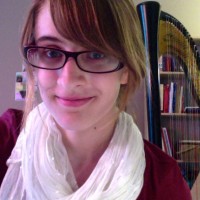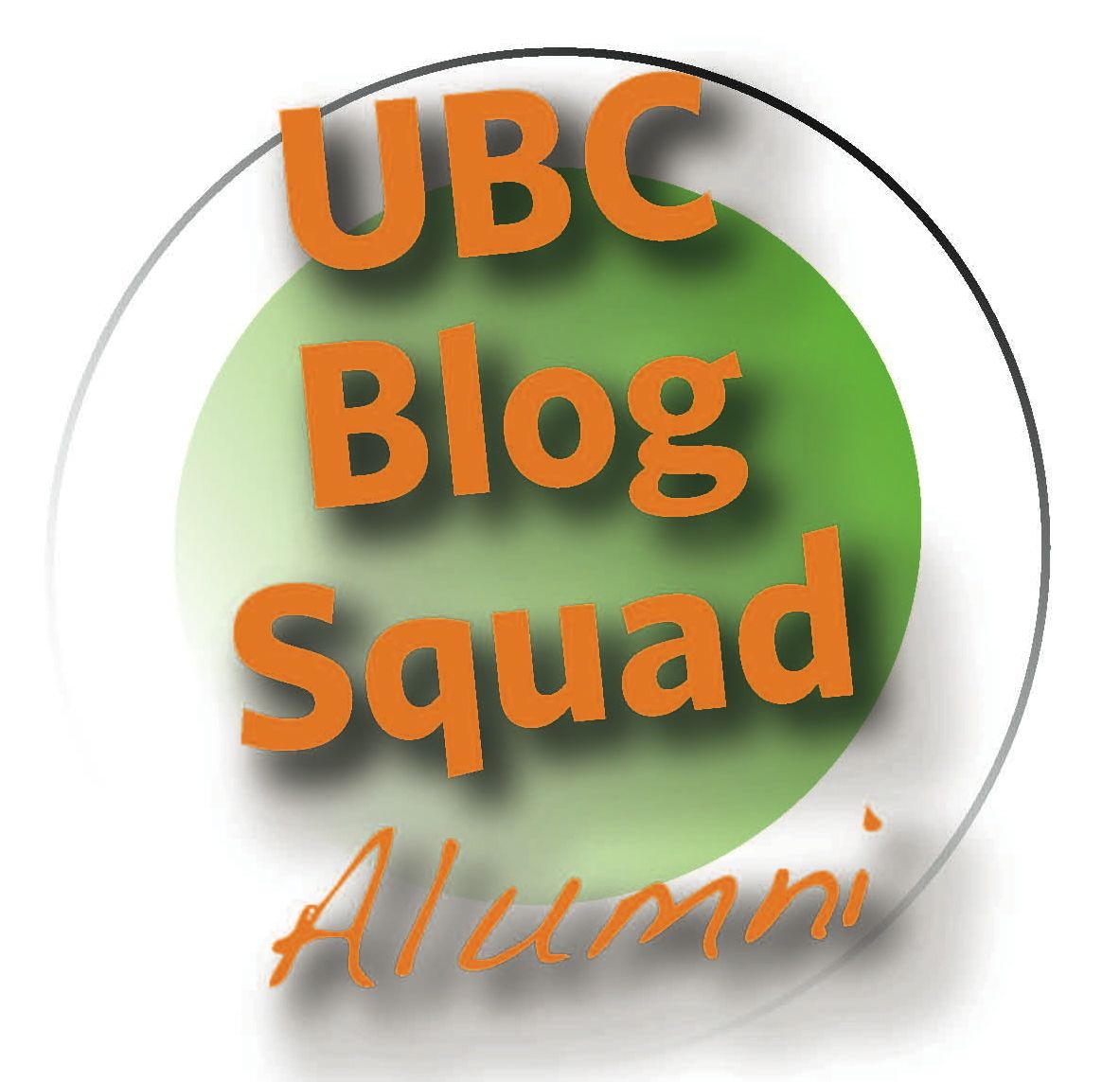It’s true, I’ve written a lot about stress. However, over the past six weeks I’ve been involved in a Mindfulness Skills group/class-thing through Counselling Services in Brock Hall, and since doing that I’ve learned a lot of valuable skills for managing stress.
First of all, I’d like to talk a little bit about the group itself: everyone there is open minded, non-judgmental, and there for the same reason you are: to learn to deal with stress better. Confidentiality is expected from everyone, so I will be talking just from my own perspective and share with you some of the things I’ve learned. They’ve helped me a lot!
We all have our coping strategies, whether it’s to distract ourselves with TV or video games, taking time for ourselves by taking a walk or exercising, or chowing down on some comfort food. At some point, all of these things have made us feel better and less stressed out. But sometimes, those strategies don’t work; this is where mindfulness can be very handy.
What is mindfulness? Well, I can’t exactly condense six weekly of sessions into a blog post, but this is the gist of it: you pay attention to where your thoughts and emotions are, be present in the moment, and suspend judgment.
So for example, try holding a random object that has no particular meaning to you. Notice all of the details you can see and touch, focusing all your attention on that object. Your mind will wander; it was built to think after all. Just notice those thoughts and allow them to pass, and return your attention to your object, without judging yourself (berating yourself) for your mind wandering. Congratulations! You’ve just practiced mindfulness. By being totally present in just paying attention to details in your external surroundings, you can ground yourself when you start to feel overwhelmed and think with a clear head.
You can also focus on internal sensations. Imagine a circle of light is around the top of your head. Now pay attention to all the feelings in that part of your body, and as you imagine the band of light moving down towards your toes, focus just on the parts of your body that are in the range of the light. Notice any tightness in your muscles or anything your skin is touching. Or, you can focus on your breath, and how your ribcage will expand and contract as you breathe in and out.
These are two great ways of calming your mind when you start to feel your stress spinning your thoughts out of control. Another one following these principals that really helps calm me down when I start feeling stressed out or upset is called “5 4 3 2 1.” Basically, you name five things you can see, five things you can hear, and five things you can touch. Then four things you can see, four things you can hear, and four things you can touch. And so on until you reach one. If you’re feeling upset, it brings your attention away from that emotion what was causing the distress. When I’m done, I usually find that I can think a lot more clearly and the tension that builds in my chest releases.
Mindfulness can really be applied to anything. Basically it’s about being in the present, paying attention to details and your thoughts, and not judging. So let’s say you start stressing out because you got a bad grade on a test. First, you notice that your thoughts are starting to obsess over this grade. You think, huh, I’m pretty disappointed by that grade. My thoughts seem to really be thinking about that a lot. Maybe I’ll pay really close attention to my surroundings so I can calm down. Okay. Now I’ll look at it objectively: This is the mark that I got. I can’t change the past, but I can change how I react in the present so I can shape the future. I’ll accept this grade, and try to identify how I can do better for the next test.
Granted, this is all easier said than done. You have to practice at it. And to be honest, I’m not sure if I’m getting my point across! I am by no means an expert in this. If you are interested in mindfulness and/or want to get a handle on dealing with your stress, I strongly recommend checking out the Mindfulness Skills Group at Counselling Services in Brock Hall. There are way more aspects to this that I can’t really get to and way more exercises that they can give you.
Since attending the class, I’ve been able to deal with stressful situations a lot better: when I’m upset with someone, I can calm myself down. If I make a mistake at orchestra rehearsal, I can be objective about it and practice more for the next time rather than beating myself up for it. If I start getting overwhelmed and exaggerating the situation, I can bring myself back. This class was probably the best thing I did for myself this year.


 That's me! I'm a fourth year, introverted, Winnipeg-hailing, blog-writing, cookie-eating, harp-playing, yoga-doing, blanket-knitting music student at UBC. I'm always trekking around campus in my Pumas and massive black backpack, and if you spot me, come say hi! It would be nice to know someone actually reads these things!
That's me! I'm a fourth year, introverted, Winnipeg-hailing, blog-writing, cookie-eating, harp-playing, yoga-doing, blanket-knitting music student at UBC. I'm always trekking around campus in my Pumas and massive black backpack, and if you spot me, come say hi! It would be nice to know someone actually reads these things!